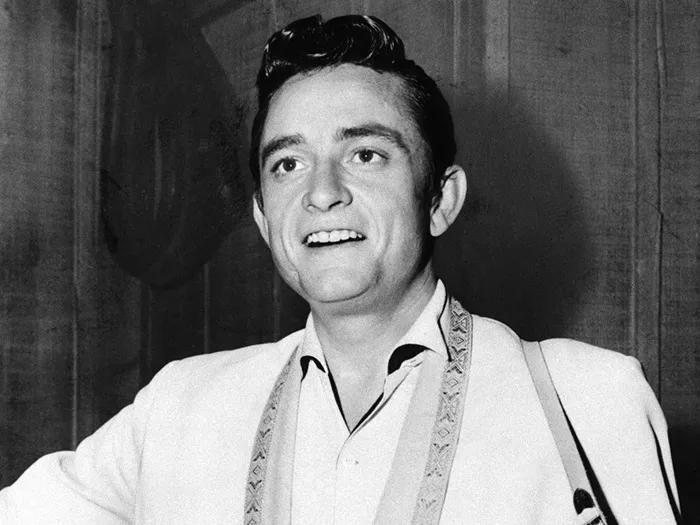Country music has deep roots in American culture. Two institutions, the Grand Ole Opry and the Country Music Hall of Fame, stand out as beacons of this genre. They have played pivotal roles in shaping and preserving the legacy of country music.
I. The Grand Ole Opry: A Historical Overview
The Grand Ole Opry began as a radio broadcast in 1925. It was initially called the WSM Barn Dance. George D. Hay, a radio announcer, founded it. The show was renamed to the Grand Ole Opry in 1927. This change followed a classical music show called the “Grand Opera.” The Opry became a significant part of American music culture.
1. Early Years
The Opry’s early years were humble. Local musicians performed live on the radio. Uncle Dave Macon was one of the first stars. His banjo skills and charisma won audiences over. Other early performers included Deford Bailey and the Crook Brothers.
2. Rise to Prominence
The 1930s and 1940s saw the Opry gain national fame. It moved to larger venues to accommodate growing audiences. Ryman Auditorium became its home in 1943. Known as the “Mother Church of Country Music,” the Ryman solidified the Opry’s status.
3. Post-War Era and Television
After World War II, the Opry expanded further. Television brought it to even larger audiences. Stars like Hank Williams, Patsy Cline, and Johnny Cash became household names. The Opry showcased the best in country music, helping the genre gain widespread popularity.
4. Modern Era
In 1974, the Opry moved to the Grand Ole Opry House. This new venue was built specifically for the show. Today, the Opry continues to broadcast live. It remains a symbol of country music tradition and innovation.
II. The Country Music Hall of Fame: Preserving the Heritage
The Country Music Hall of Fame and Museum opened in 1967. It was established to honor country music’s legends. The Hall of Fame is located in Nashville, Tennessee. It serves as a museum, archive, and educational institution.
1. Founding and Purpose
The Country Music Association (CMA) founded the Hall of Fame. Its purpose was to recognize significant contributions to country music. The Hall of Fame inducts new members annually. Inductees include performers, songwriters, and industry professionals.
2. The Museum
The museum houses extensive collections. These include recordings, photographs, instruments, and memorabilia. Exhibits cover the history of country music from its origins to the present day. The museum also hosts rotating exhibits and special events.
3. Education and Outreach
The Hall of Fame has a strong educational mission. It offers programs for students, teachers, and the public. Workshops, lectures, and concerts are regular features. These programs aim to inspire and educate future generations about country music.
III. Notable Inductees and Contributions
The Grand Ole Opry and the Country Music Hall of Fame have honored many influential figures. Here are some notable inductees:
1. Hank Williams
Hank Williams is a legend in country music. His songs, such as “Your Cheatin’ Heart” and “I’m So Lonesome I Could Cry,” are classics. Williams’ influence on country music is profound. He was inducted into the Hall of Fame in 1961.
2. Patsy Cline
Patsy Cline’s voice and style set her apart. Hits like “Crazy” and “Walkin’ After Midnight” made her a star. She was a member of the Grand Ole Opry and was inducted into the Hall of Fame in 1973.
3. Johnny Cash
Johnny Cash’s career spanned five decades. Known for songs like “Ring of Fire” and “Folsom Prison Blues,” Cash’s deep voice and rebellious spirit made him a country music icon. He joined the Hall of Fame in 1980.
4. Dolly Parton
Dolly Parton’s talent and charisma have made her a beloved figure. With hits like “Jolene” and “9 to 5,” Parton’s contributions to country music are immense. She was inducted into the Hall of Fame in 1999.
5. Willie Nelson
Willie Nelson’s unique style and songwriting have had a lasting impact. Songs like “On the Road Again” and “Blue Eyes Crying in the Rain” are timeless. Nelson was inducted into the Hall of Fame in 1993.
IV. The Impact of the Grand Ole Opry and the Country Music Hall of Fame
1. Cultural Significance
The Grand Ole Opry and the Country Music Hall of Fame have significantly impacted American culture. They have preserved the history and tradition of country music. Both institutions celebrate the genre’s diversity and evolution.
2. Influence on Artists
Many country music artists view performing at the Opry as a career milestone. Induction into the Hall of Fame is a prestigious honor. These institutions have inspired countless musicians to pursue their dreams.
3. Economic Impact
Nashville, known as “Music City,” benefits economically from the Opry and the Hall of Fame. They attract tourists from around the world. This tourism supports local businesses and contributes to the city’s economy.
See Also: Which Country Has the Best Phonk Music?
V. Conclusion
The Grand Ole Opry and the Country Music Hall of Fame are cornerstones of country music. They honor the past while nurturing the future. Through live performances, exhibits, and education, they ensure that country music continues to thrive. Their legacies will endure for generations to come.

